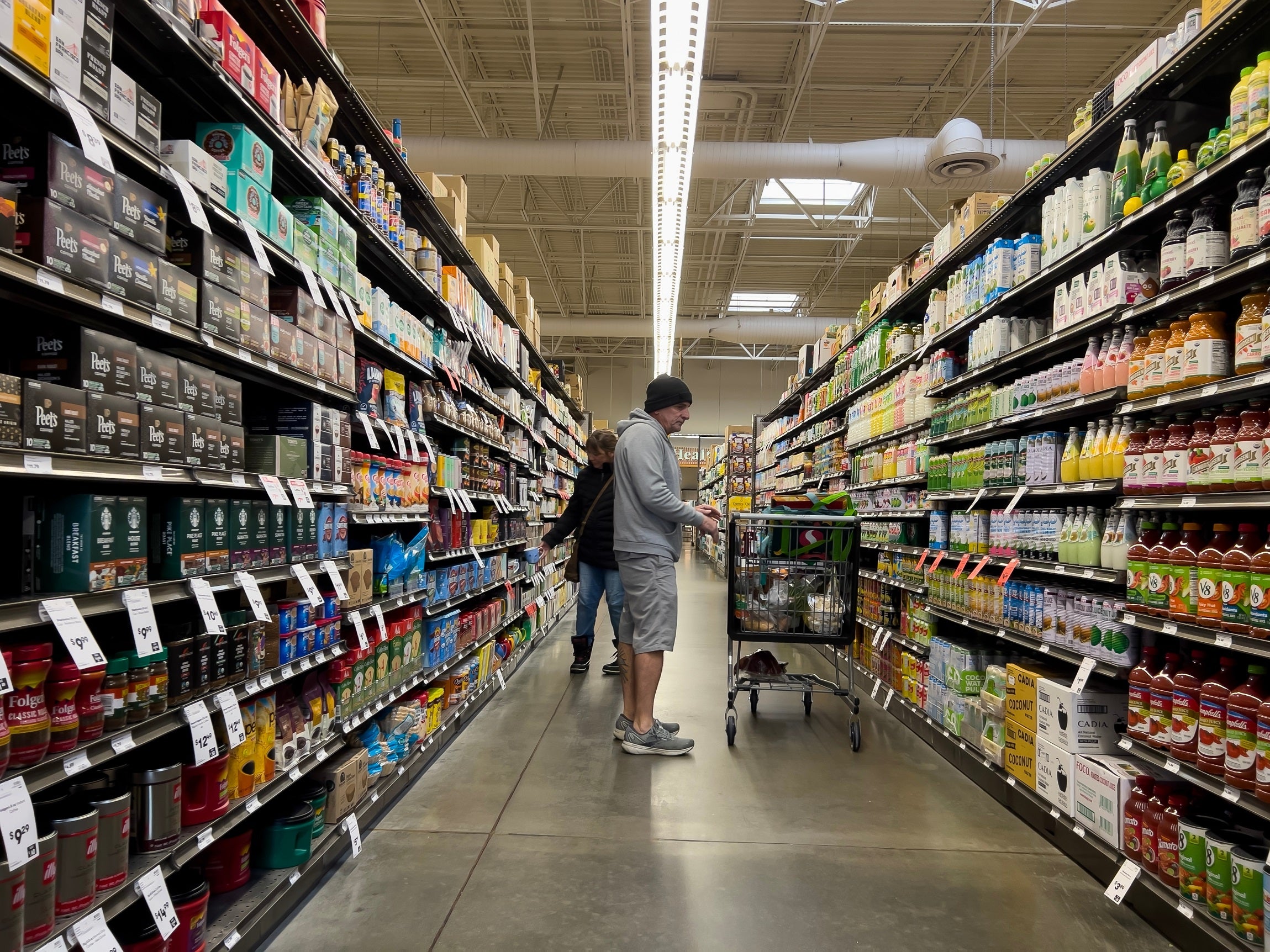
Volume sales of private-label and branded goods in US retail outlets both declined in the opening half of 2023, although own label’s share of unit sales hit a “record”, data shows.
In the six months to 18 June, store-brand unit sales dipped 0.5%, compared to a 3.4% fall in branded unit sales, according to figures produced for the Private Label Manufacturers Association (PLMA) by market researchers Circana.
Sales of private-label drinks rose 6% in volume terms, followed by refrigerated and general food, both up 5%. Frozen “came in even”, the association said.
Overall, store brands accounted for 20.5% of unit sales, which the PLMA described as “a new high”.
In dollar terms, private-label sales were up 8.2%. Branded sales rose 5.1%. Measured in dollars, store brands accounted for 18.8% of sales, another record, the association said.
Beverages again led the way, up 19% on the year, followed by general food and refrigerated, both ahead 16%.
How well do you really know your competitors?
Access the most comprehensive Company Profiles on the market, powered by GlobalData. Save hours of research. Gain competitive edge.

Thank you!
Your download email will arrive shortly
Not ready to buy yet? Download a free sample
We are confident about the unique quality of our Company Profiles. However, we want you to make the most beneficial decision for your business, so we offer a free sample that you can download by submitting the below form
By GlobalDataMeasured against the first six months of 2021, store brand dollar sales improved by 16%, or about $17bn.
Total store brand dollar sales for the first six months of this year were $108bn and unit sales were 26.4bn.
PLMA president Peggy Davies suggested the headwinds of an uncertain economy are weighing heavily on consumers’ minds against a backdrop of branded product price hikes.
She also argued store brands have benefitted from several years of consumer trial.
“Having opted for a store brand over the national brand for the first time, there’s a strong likelihood the shopper will stick with the store brand,” she said.
“In addition, we are also seeing retailers doubling down on product innovation in food and non-food to take advantage of the flow of new store brand customers.”
In a survey conducted by research firm The Hartman Group earlier this year, 41% of US grocery shoppers said they’ve purchased more private-label brands since 2020, with 30% citing higher grocery prices as the primary reason for doing so.
And while 55% of US consumers said they buy retailer or store brands because the products are cheaper, 63% said private-label brands offer good value, which is why they purchase them.
Opinion: Welcome to the new era of private-label brands in the US


